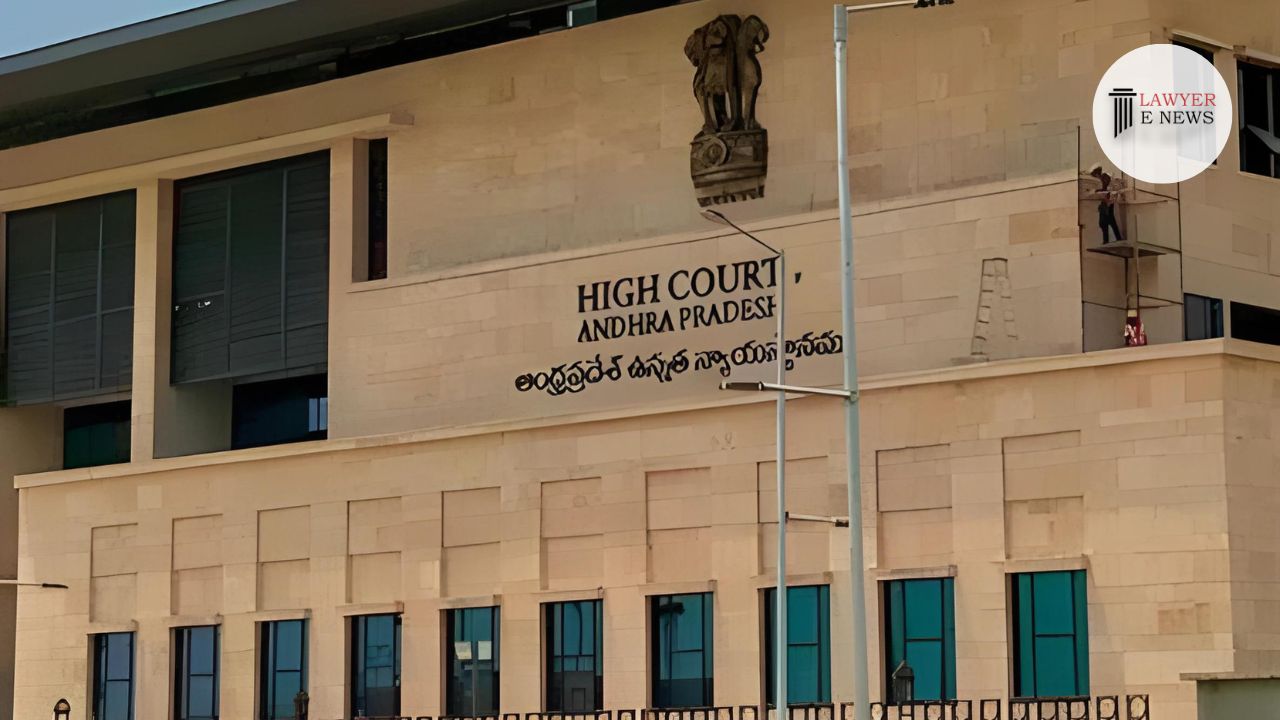-
by sayum
14 February 2026 2:22 PM



In a landmark judgment, the Andhra Pradesh High Court ordered the regularization of contract employees working in Special Magistrate Courts. The judgment, delivered by a bench comprising Justices R. Raghunandan Rao and Harinath N., mandates the absorption of these employees into regular judicial services, aligning them with previously regularized Fast Track Court staff. This decision addresses long-standing grievances regarding employment regularization in the state’s judicial system.
The case arose from the discontinuation of funding for Fast Track Courts by the Central Government, which led to a Supreme Court judgment in 2012 permitting the absorption of Fast Track Court staff into regular district services. Despite this, contract employees in Special Magistrate Courts, established under similar conditions, were denied regularization. Petitions were filed challenging this disparity, arguing that both sets of employees were similarly situated and had undergone a transparent selection process.
The court emphasized the need for equitable treatment of contract employees in both Fast Track and Special Magistrate Courts. “Both sets of employees were appointed under similar schemes and through a transparent selection process. There is no justifiable reason to treat them differently,” the bench observed.
Justice Raghunandan Rao highlighted the importance of adhering to Articles 14 and 16 of the Constitution, which mandate equality before the law and equal opportunity in public employment. The court noted, “Appointments made through a transparent selection process that meets constitutional criteria should not be denied regularization.”
The court’s reasoning was rooted in the distinction between irregular and illegal appointments. Citing the Supreme Court’s decision in Secretary, State of Karnataka vs. Umadevi, the bench stated, “Irregular appointments made through a transparent process are distinct from illegal backdoor appointments. The former can be regularized, especially when employees have served for long periods.”
Justice Harinath N. remarked, “It would be in public interest to regularize employees who have acquired in-depth knowledge and experience in the judicial system. Denying them regularization solely based on the absence of an enabling government order is unjust.”
The High Court’s judgment marks a significant step towards ensuring fairness and equality in the regularization of judicial staff. By directing the regularization of Special Magistrate Court contract employees, the court has set a precedent for addressing similar employment grievances. The ruling reinforces the principle that transparent and merit-based appointments, irrespective of the nature of the initial contract, warrant equal treatment under the law.
Date of Decision: July 31, 2024
Dornadula Sai Kumar & Others vs. The State of Andhra Pradesh & Others
